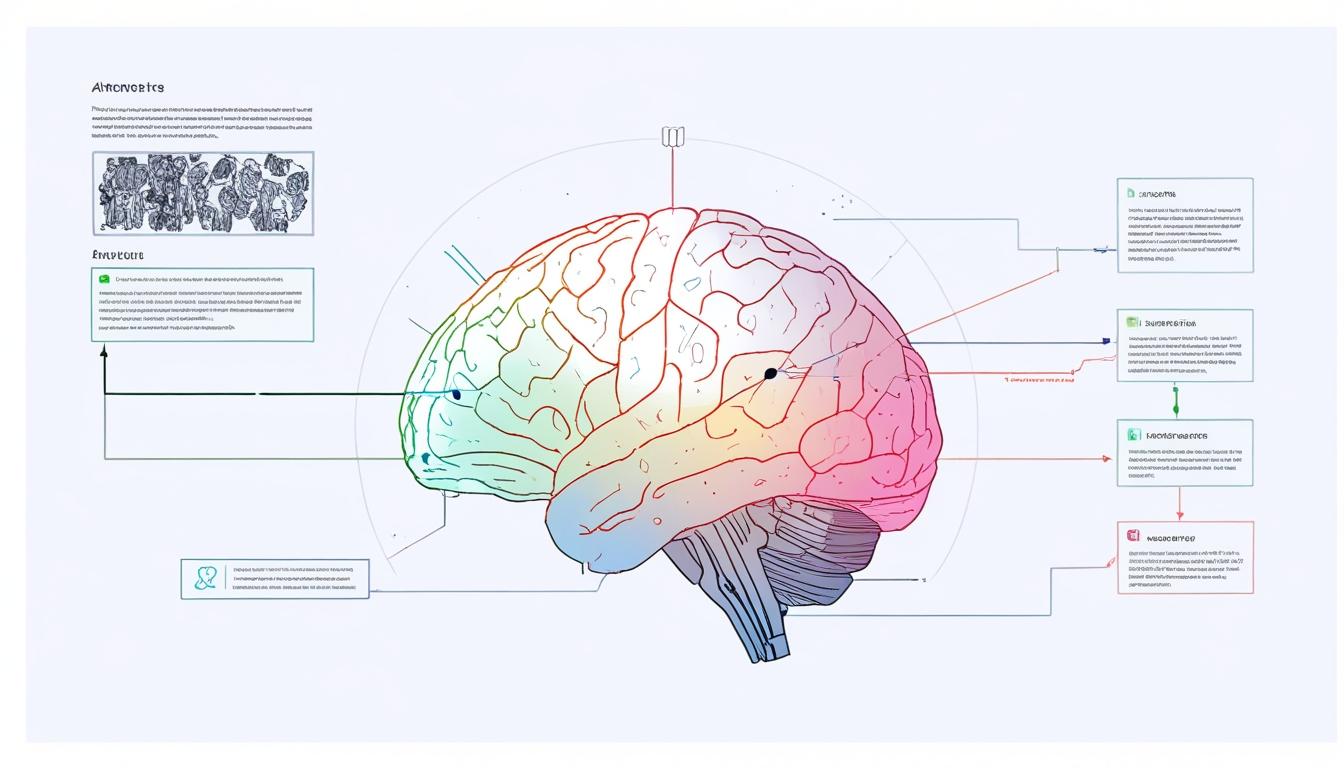A pioneering artificial intelligence (AI) model is being developed using data from the National Health Service (NHS) in England, with the aim of predicting illnesses and complications before they arise. This ambitious initiative, named Foresight, is being led by researchers at University College London (UCL) and King’s College London (KCL). The project leverages a dataset encompassing health information from 57 million individuals, marking a significant advancement in the field of predictive healthcare.
Foresight employs technology akin to that of ChatGPT, shifting from text generation to analysing comprehensive medical histories. It aims to assess the likelihood of future health issues by examining various data points, including hospital admissions, emergency department visits, and vaccination rates related to Covid-19. The data has been stripped of personal identifiers to maintain patient confidentiality.
Dr Chris Tomlinson of UCL describes Foresight as an “exciting step towards being able to predict disease and complications before they happen”, which could facilitate a substantial transition toward preventative healthcare. He elaborated, saying, “For example, we could use Foresight to look across the whole population and predict the risk of unscheduled hospitalisation,” an indicator often linked to a decline in a patient’s health. The insights provided by Foresight may allow healthcare providers to tailor interventions, such as fine-tuning medication to control blood pressure in order to mitigate the risk of strokes.
Currently, the pilot study is focused on Covid-19 outcomes, with aspirations to expand its utility in general healthcare. Dr Tomlinson noted, “We’re looking at predicting Covid-19 outcomes – which may help us inform the next pandemic – but we’re also testing the model’s ability to generalise to other healthcare outcomes, like predicting hospitalisation risk or the onset of over 1,000 different conditions.”
The AI will operate within the NHS England’s Secure Data Environment, which ensures that patient information remains strictly under NHS control while the study itself processes anonymised data. Dr Vin Diwakar, the national director of transformation at NHS England, acknowledged the system's imperative role in advancing this groundbreaking research, emphasising its potential to facilitate early interventions and personalised care, ultimately enhancing patient outcomes.
Science and technology secretary Peter Kyle highlighted the significance of the project, stating, “This ambitious research shows how AI, paired with the NHS’s wealth of secure and anonymised data, is set to unlock a healthcare revolution.” He described the technology’s transformative potential in addressing a wide range of serious health conditions, underscoring the government's commitment to reforming healthcare systems and boosting economic growth through such innovations.
The project follows a recent study published in the Lancet Digital Health, which indicated Foresight’s capability in forecasting the types of health conditions that patients may develop. Professor Richard Dobson from KCL and UCL remarked on the excitement surrounding its national application, pointing out that this broader scope could enable even more powerful predictions to guide healthcare services both nationally and locally.
Source: Noah Wire Services
